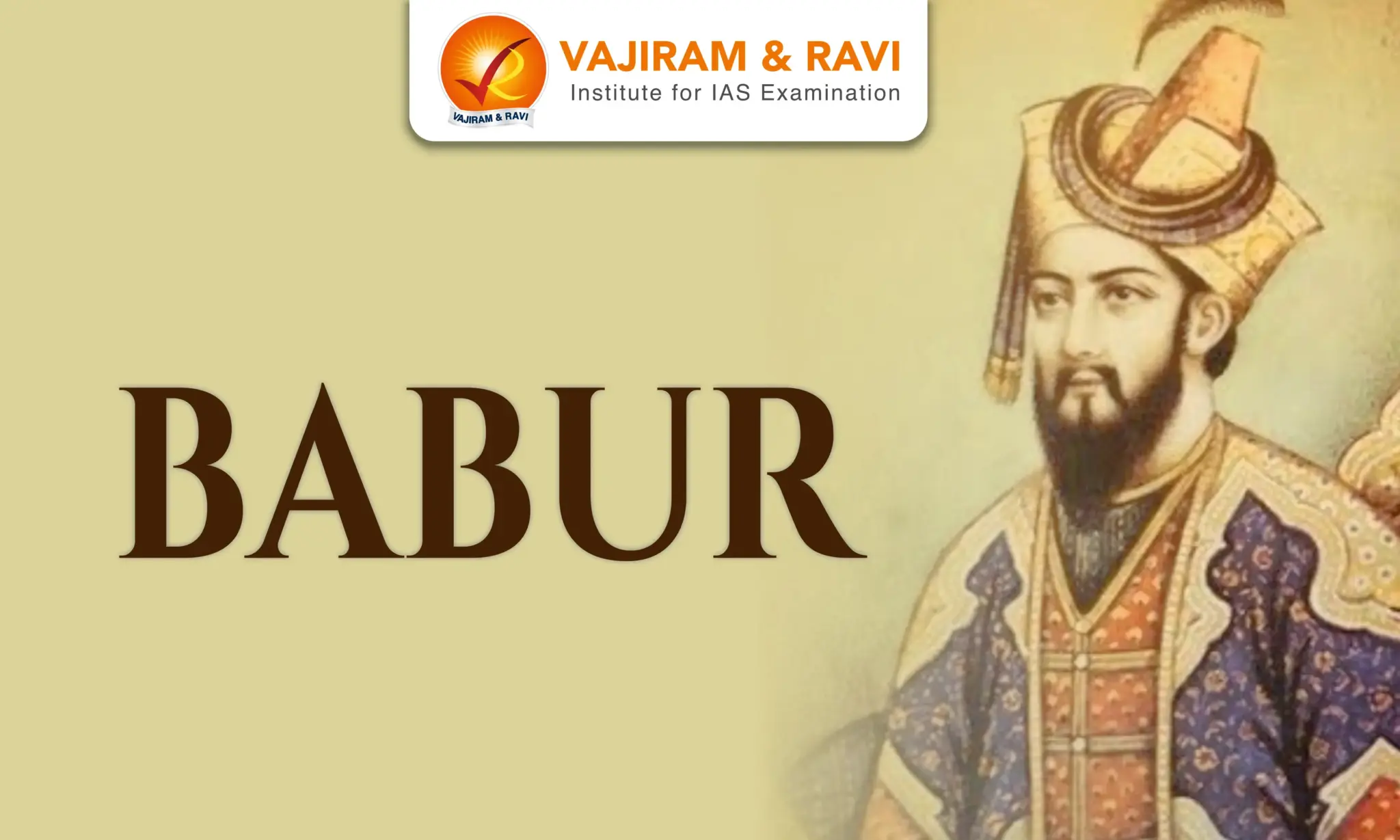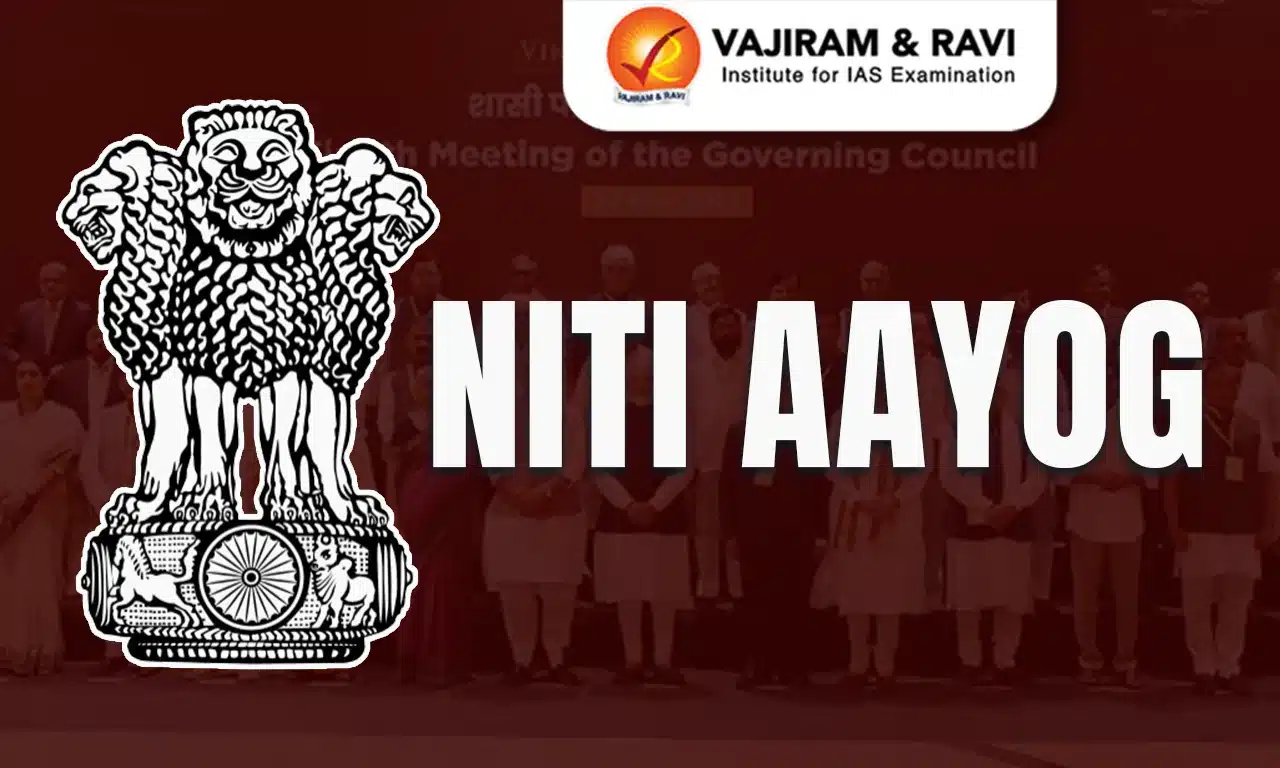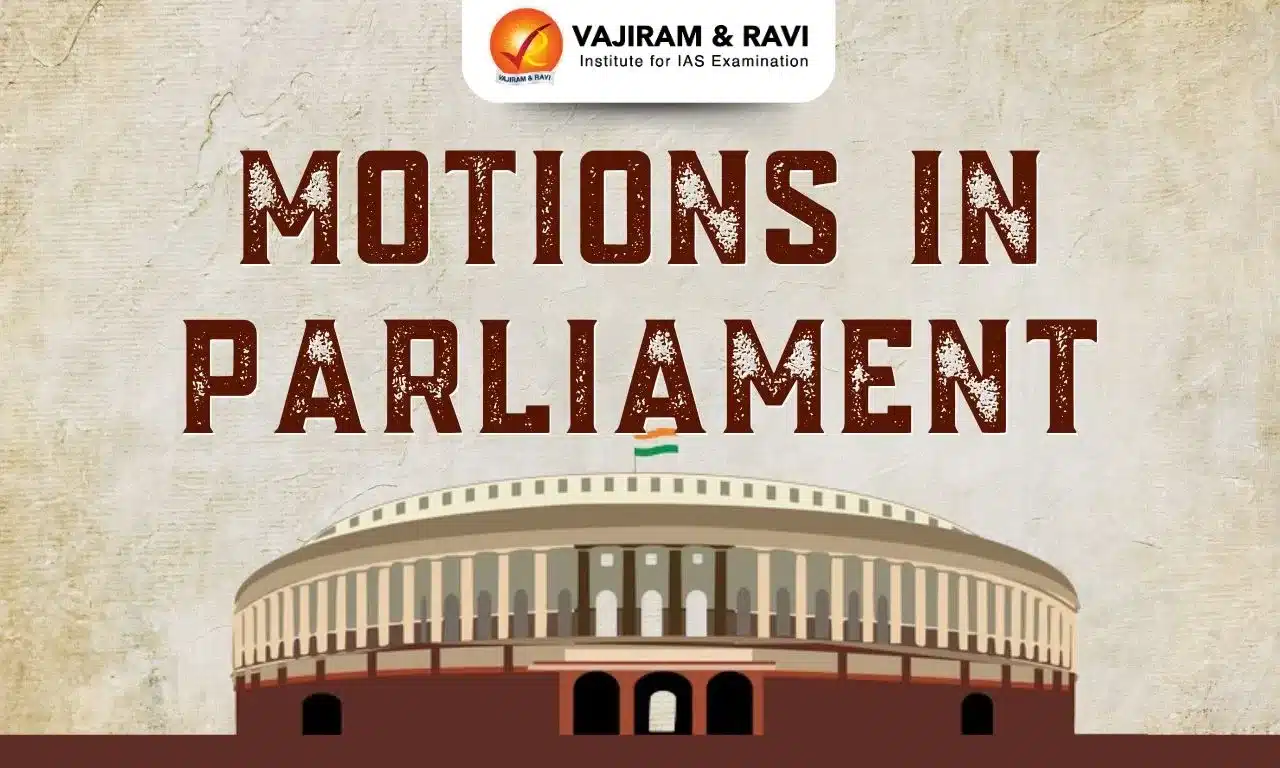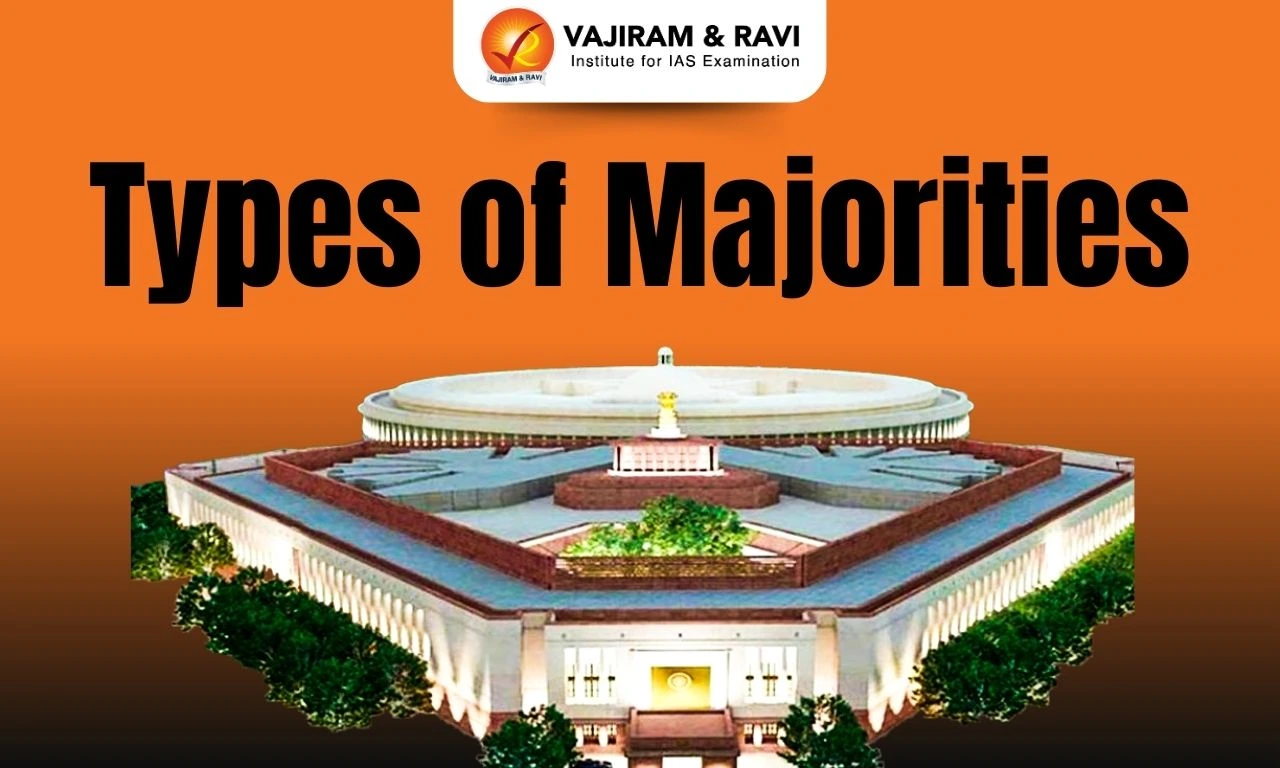Babur, the first emperor of the Mughal Empire in India, stands as one of the most significant figures in South Asian history. His real name was Zahiruddin Muhammad Babur, and he descended from both Timur on his father’s side and Genghis Khan on his mother’s side.
Babur’s military genius, combined with his strategic foresight, enabled him to lay the foundation for an empire that would dominate India for centuries.
Who was Babur (Zahiruddin Muhammad)?
Babur, born in 1483 in Ferghana (now in Uzbekistan), was the Mughal emperor (1526-30) and founder of the Mughal dynasty of northern India. He died on December 26, 1530, in Agra, India. Bābur was a descendant of Genghis Khan and Timur and was a military adventurer, distinguished soldier, poet, diarist, and statesman. His autobiography, "Baburnama," offers a rare insight into his life and the world he lived in.
- Origin: Babur hailed from the Barlas tribe, which had Mongol roots. However, over time, members of the tribe, having lived in Turkish regions for generations, adopted the Turkish language and customs, identifying more as Turks.
- Ruler of Farghana: In 1494, at the age of eleven, Babur succeeded his father, Umar Shaikh Mirza, as the ruler of Farghana. The situation in Central Asia was volatile, and Babar encountered significant opposition from the nobility. Despite successfully capturing Samarqand, he was forced to retreat due to the desertion of some of his nobles. He also lost Farghana to the Uzbeks.
- Conquest of Kabul: After the defeat at the hands of Uzbeks, Babur turned his attention southwards. In 1504, Babul captured Kabul and established it as his base of operations. This strategic move positioned him closer to the wealthy lands of India, which had long been a target for Central Asian conquerors.
- Shift to India: Babur became interested in conquering India. Finally, starting in 1517, he made decisive moves towards India and launched four expeditions between 1519 and 1524. Babur was successful in capturing Bhira (1519–1520), Sialkot (1520) and Lahore (1524) in Punjab.
- Political Instability: The political instability in India after Sikandar Lodi's death highlighted the growing unrest within the Lodi Empire, mainly due to conflicts between Afghan chiefs and Ibrahim Lodi. Daulat Khan Lodi, the Governor of Punjab, and Rana Sanga, the Rajput king of Mewar, both challenged Ibrahim’s authority. They invited Babur to invade India, which likely fueled his ambitions for conquest.
Military Conquests of Babur
Babur's military campaigns in India were marked by strategic brilliance and technological innovation. His most significant victories include the first Battle of Panipat, the Battle of Khanwa, the Battle of Chanderi and the Battle of Ghagra.
- First Battle of Panipat (1526): The First Battle of Panipat was a decisive fight between Babur, the founder of the Mughal Empire, and Sultan Ibrahim Lodi of the Delhi Sultanate. The battle took place on April 21, 1526, near Panipat, marking Babur's entry into India and the beginning of Mughal rule.
- With a much smaller army, Babur used advanced tactics and the Tulguma system of warfare to defeat Ibrahim Lodi's larger forces. These innovations, combined with Babur’s disciplined troops, overwhelmed Lodi's outdated army.
- Battle of Khanwa (1527): Babur confronted Rana Sanga of Mewar near Agra, defeating his forces, which included Afghan allies, Mahmud Lodi, and Hasan Khan Mewati. This victory led to Babur's capture of Gwalior and Dholpur, strengthening his rule in the region.
- Battle of Chanderi (1528): Babur defeated Medini Rai at Chanderi, securing dominance over Malwa, and then turned his focus to suppressing Afghan rebellions.
- Battle of Ghagra (1529): Babur's final battle was against Afghan forces led by Mahmud Lodi and Sultan Nusrat Shah. His victory along the Ghagra River ended major resistance, consolidating his power in northern India.
Babur UPSC PYQs
Question 1: Consider the following: (UPSC Prelims 2015)
The arrival of Babur into India led to the
- introduction of gunpowder in the subcontinent
- introduction of the arch and dome in the region’s architecture
- establishment of the Timurid dynasty in the region
Select the correct answer using the code given below:
(a) 1 and 2 only
(b) 3 only
(c) 1 and 3 only
(d) 1, 2 and 3
Ans: (b)
Question 2: Consider the following Bhakti Saints: (UPSC Prelims 2013)
- Dadu Dayal
- Guru Nanak
- Tyagaraja
Who among the above was/were preaching when the Lodi dynasty fell and Babur took over?
(a) 1 and 3
(b) 2 only
(c) 2 and 3
(d) 1 and 2
Ans: (b)
Last updated on March, 2026
→ UPSC Notification 2026 is now out on the official website at upsconline.nic.in.
→ UPSC IFoS Notification 2026 is now out on the official website at upsconline.nic.in.
→ UPSC Calendar 2026 has been released.
→ UPSC Final Result 2025 is expected to be released soon.
→ Check out the latest UPSC Syllabus 2026 here.
→ Join Vajiram & Ravi’s Interview Guidance Programme for expert help to crack your final UPSC stage.
→ UPSC Mains Result 2025 is now out.
→ UPSC Prelims 2026 will be conducted on 24th May, 2026 & UPSC Mains 2026 will be conducted on 21st August 2026.
→ The UPSC Selection Process is of 3 stages-Prelims, Mains and Interview.
→ Prepare effectively with Vajiram & Ravi’s UPSC Prelims Test Series 2026 featuring full-length mock tests, detailed solutions, and performance analysis.
→ Enroll in Vajiram & Ravi’s UPSC Mains Test Series 2026 for structured answer writing practice, expert evaluation, and exam-oriented feedback.
→ Join Vajiram & Ravi’s Best UPSC Mentorship Program for personalized guidance, strategy planning, and one-to-one support from experienced mentors.
→ Check UPSC Marksheet 2024 Here.
→ UPSC Toppers List 2024 is released now. Shakti Dubey is UPSC AIR 1 2024 Topper.
→ Also check Best UPSC Coaching in India
Babur FAQs
Q1. What was Babur famous for?+
Q2. How many years did Babur rule?+
Q3. How is Babur related to Genghis Khan?+
Q4. Who defeated Babur?+
Q5. Why was Babur successful?+














